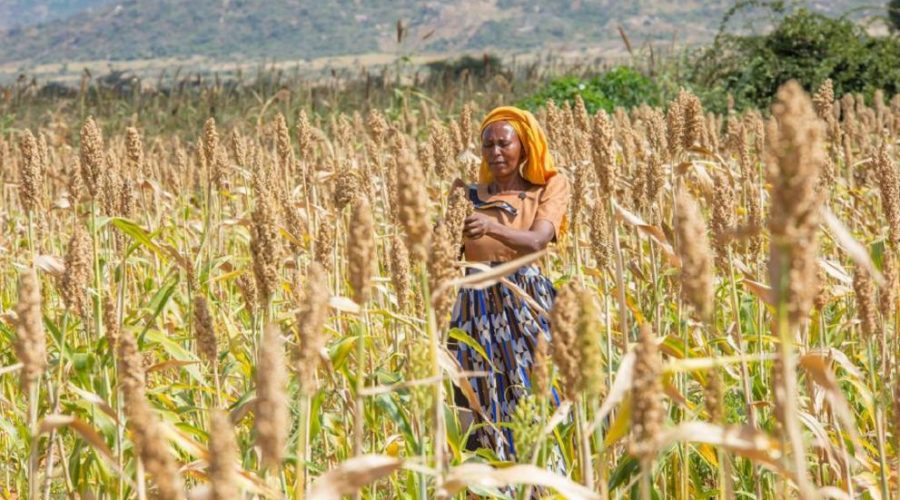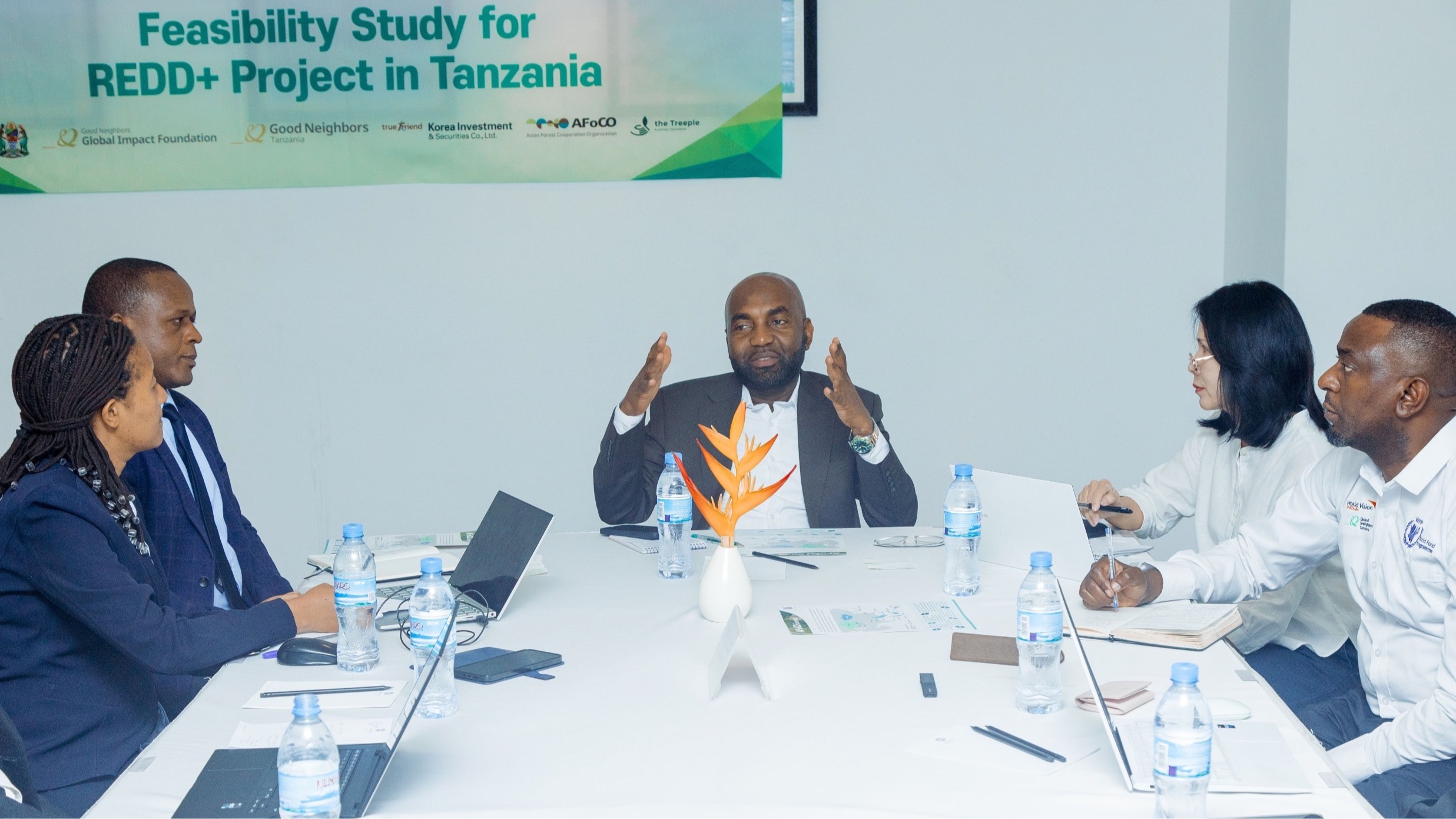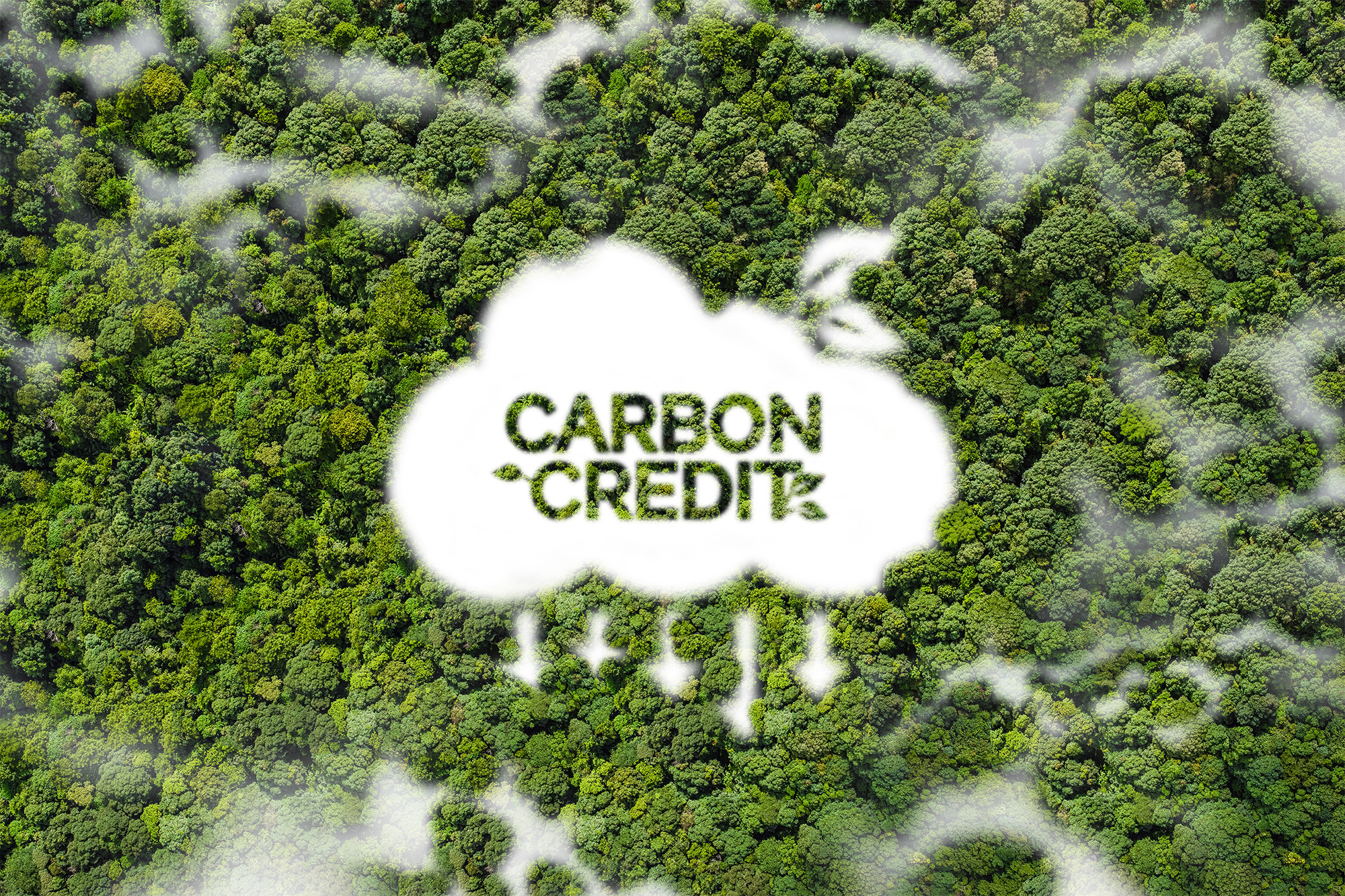Tanzania’s economy is heavily reliant on sectors that are vulnerable to climate variability and change. Climate change is expected to result in significant additional economic costs ranging from 1% to 2% of GDP per year by 2030.
Strengthening capacities to deal with the effects of climate change remains a top priority, particularly in highly vulnerable sectors of critical importance like agriculture.
The European Union’s Global Climate Change Alliance Plus (GCCA+) initiative assists the world’s most vulnerable countries in dealing with climate change. The Eco-Act project (Ecovillage Adaptation to Climate Change in Central Tanzania) is one of 51 GCCA+ projects in Africa, consisting of five ecovillage projects located in various agro-ecological zones in Tanzania. The project aims to increase resilience to climate change while also reducing poverty. Activities include, among other things, training farmers on how to conserve water and prevent soil erosion, using bio-fertilization, crop rotation, intercropping, using energy-saving stoves, and enforcing by-laws to conserve water sources.




